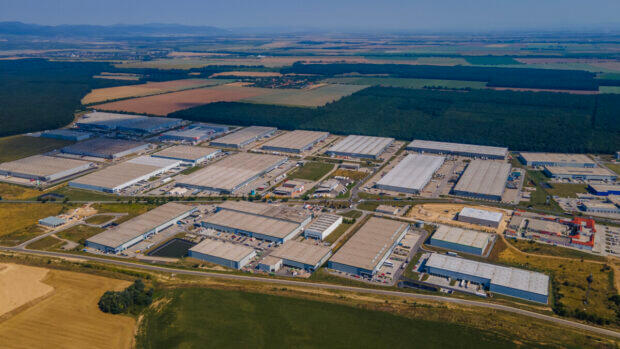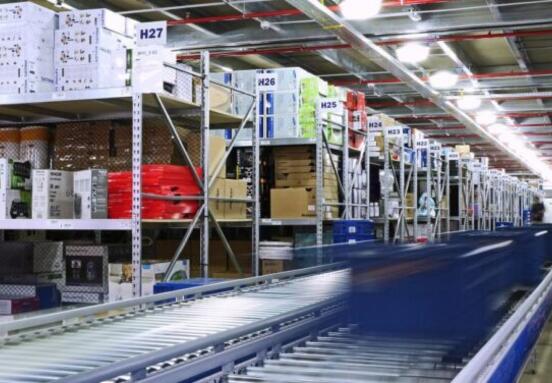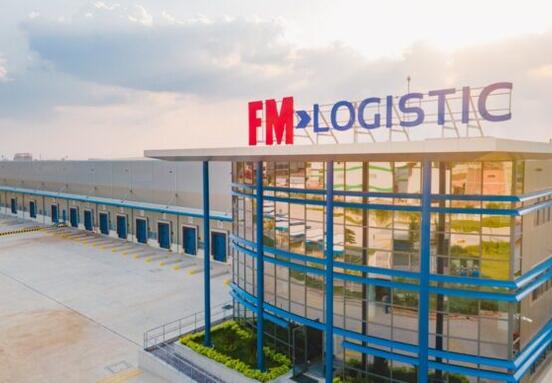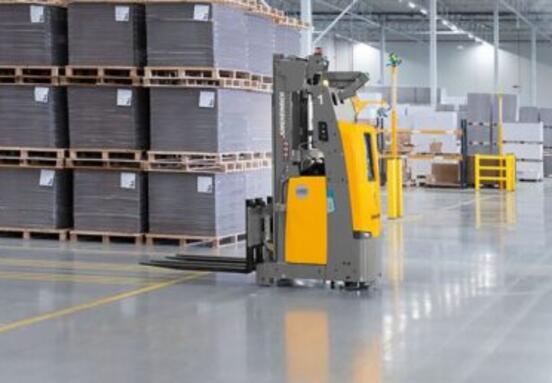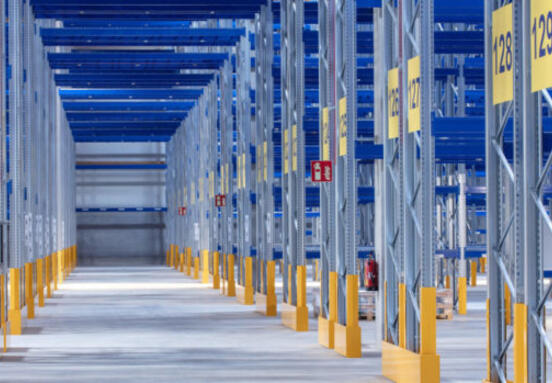The Alarming Gap: Demand Outstrips Supply
According to analysis by Prologis Research, the European logistics real estate market, valued at approximately €500 billion, is missing more than €150 billion worth of modern, available space. This isn't a temporary blip; experts confirm the shortage is structural, not cyclical, indicating a long-term challenge for businesses seeking optimal operational locations. The demand for modern logistics facilities is skyrocketing, fueled by an explosion in e-commerce, a strategic push for more resilient supply chains, and the continuous growth of urban populations requiring efficient last-mile delivery solutions.
Why Is Modern Logistics Space So Scarce?
Several significant hurdles are impeding the development of new logistics projects across Europe. Regulatory obstacles, insufficient infrastructure, stringent environmental requirements, and local political opposition collectively slow down, or even halt, new construction. This contrasts sharply with regions like the USA, where the Modern Logistics Concentration (MLC) index stands at 75, compared to Europe's 30. While a realistic target for Europe is 50, bridging the current deficit would demand investments exceeding €150 billion and, at the current pace, take approximately eight years to achieve.
Navigating a Competitive Market: Impact on Your Business
For businesses, this tight market translates directly into increased competition for space and rising rental costs, particularly in high-demand urban areas. Projects focusing on "City" and "Last Touch" logistics, essential for efficient urban distribution, have seen rental growth 150 to 240 basis points above the European average over the last three years. This trend underscores the critical importance of securing modern, sustainable, and strategically located logistics properties. Such facilities not only offer long-term value for investors but are also crucial for customers prioritizing efficiency and environmental responsibility.
Regional Spotlight: The Slovakian Market Landscape
Even in markets that have historically seen strong development, such as Slovakia, new challenges are emerging. The market, which benefited from industrial policy in the past, now faces increasing infrastructure costs, lengthier permitting processes, and reduced investor interest. Despite these headwinds, key players like Prologis maintain a strong presence. For instance, Prologis Park Bratislava offers 498,000 m² of space and has the potential for an additional 244,000 m² expansion with permits already in place, showcasing areas where strategic development is still possible.
Secure Your Future in Europe's Dynamic Logistics Market
Understanding the structural challenges and drivers behind Europe's logistics real estate shortage is paramount for businesses. Proactive planning, a focus on modern and sustainable facilities, and engagement with experienced developers are key to navigating this competitive landscape and securing the logistics infrastructure vital for future growth and resilience.
Source: systemylogistiky.sk
